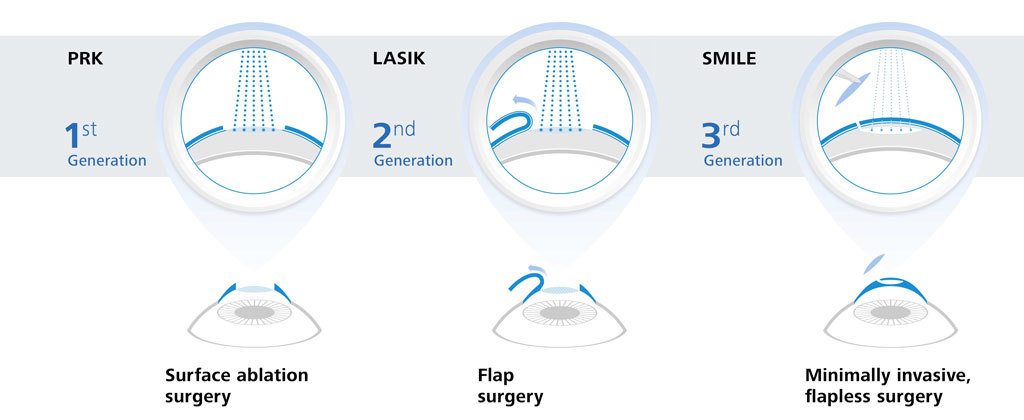Is SMILE Eye Surgical Treatment Ideal For You? Vital Variables And Insights To Take Into Consideration

Authored By-Hollis Bilde
If you're considering SMILE eye surgery, contemplate this: are you prepared to embrace prospective aesthetic flexibility, or does the idea of any kind of threats make you hesitate? Your choice will certainly hinge on a careful balance of considering the benefits against the unpredictabilities. It's crucial to dig deeper into the subtleties of SMILE surgical procedure to make an enlightened option that straightens with your aesthetic objectives.
Comprehending SMILE Eye Surgical Procedure
When thinking about SMILE Eye Surgery, it is necessary to comprehend the procedure and its benefits. SMILE, which means Tiny Laceration Lenticule Removal, is a minimally intrusive laser eye surgical treatment that corrects usual vision troubles like nearsightedness (nearsightedness).
Throughout the treatment, your eye specialist will certainly utilize a femtosecond laser to create a small cut in your cornea. Via this laceration, a small disc of cells called a lenticule is gotten rid of, improving the cornea and fixing your vision.
One of the essential benefits of SMILE Eye Surgery is its quick recovery time. Several clients experience enhanced vision within a day or two after the procedure, with minimal pain.
Additionally, SMILE is understood for its high success rate in offering long-term vision correction. Unlike LASIK, SMILE does not require the development of a flap in the cornea, reducing the threat of issues and permitting an extra steady corneal framework post-surgery.
Understanding the treatment and its advantages is essential when taking into consideration SMILE Eye Surgical treatment for vision correction.
Advantages and disadvantages of SMILE
Thinking About SMILE Eye Surgery for vision adjustment includes different benefits and possible drawbacks.
One of the main pros of SMILE is its minimally invasive nature, as it entails a small laceration and commonly results in fast healing times. The procedure is additionally known for triggering minimal discomfort and dry eye signs post-surgery contrasted to other vision improvement techniques. Additionally, SMILE has been revealed to offer excellent visual end results, with lots of clients attaining 20/20 vision or much better.
On the other hand, a possible con of SMILE is that it may not appropriate for people with serious refractive errors, as the therapy array is somewhat limited contrasted to LASIK. Another factor to consider is that the understanding curve for specialists applying SMILE can affect the accessibility of experienced providers in certain areas.
It is very important to evaluate these benefits and drawbacks very carefully when making a decision if SMILE is the appropriate choice for your vision correction demands.
Establishing Eligibility for SMILE
To figure out if you're eligible for SMILE eye surgical procedure, your optometrist will certainly conduct a thorough evaluation of your eye health and wellness and vision demands. Throughout this examination, variables such as the security of your vision prescription, the density of your cornea, and the overall health of your eyes will certainly be assessed.
Usually, candidates for SMILE more than 22 years of ages, have a stable vision prescription for at the very least a year, and have healthy and balanced corneas without conditions like keratoconus.
Your ophthalmologist will also consider your total eye health, any existing eye conditions, and your way of life requires to figure out if SMILE is the appropriate option for you. please click the following web site to communicate any type of specific visual requirements or problems you might have during this evaluation to ensure that the treatment straightens with your assumptions.
If you aren't qualified for SMILE, your optometrist might advise alternative vision adjustment choices that better match your private needs and eye wellness status.
Final thought
Ultimately, making a decision whether SMILE eye surgical procedure is right for you requires cautious consideration of your individual eye wellness and visual requirements. Speak with your ophthalmologist to establish your qualification for the procedure and evaluate the potential advantages and drawbacks. Bear in mind to connect any type of problems or questions you might have during the examination process to make an educated choice concerning your vision improvement choices.

